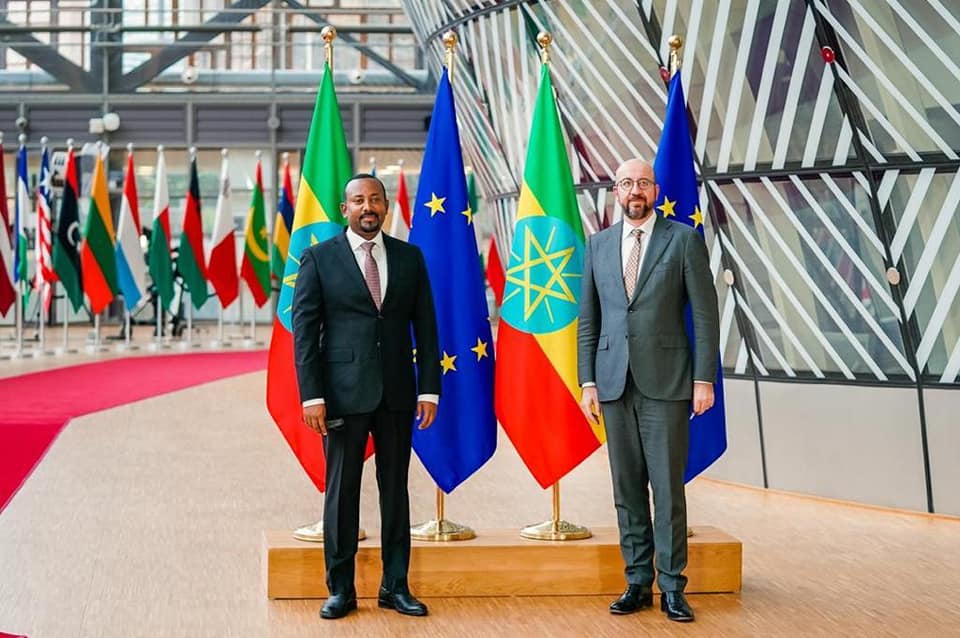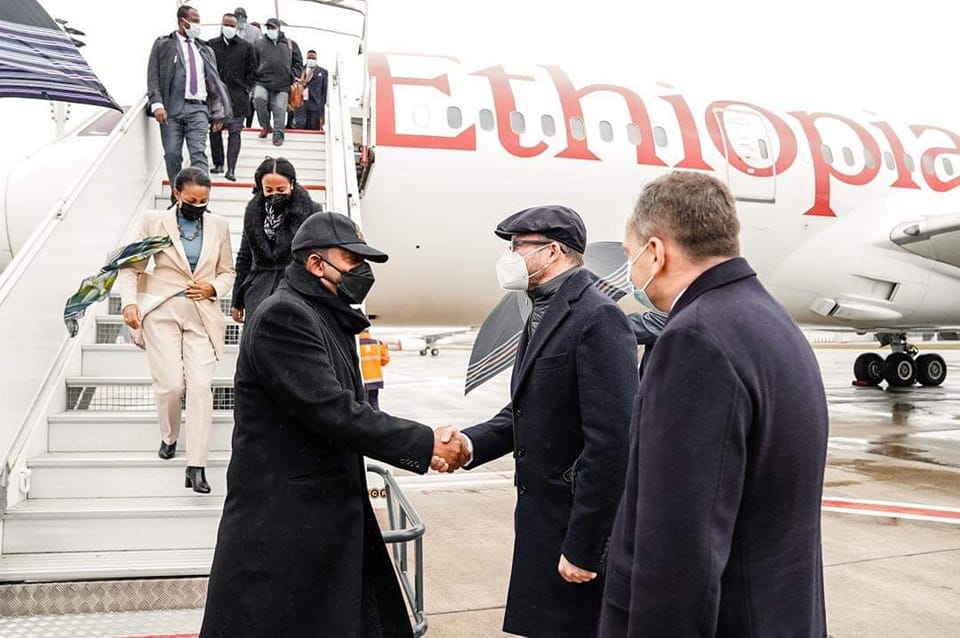
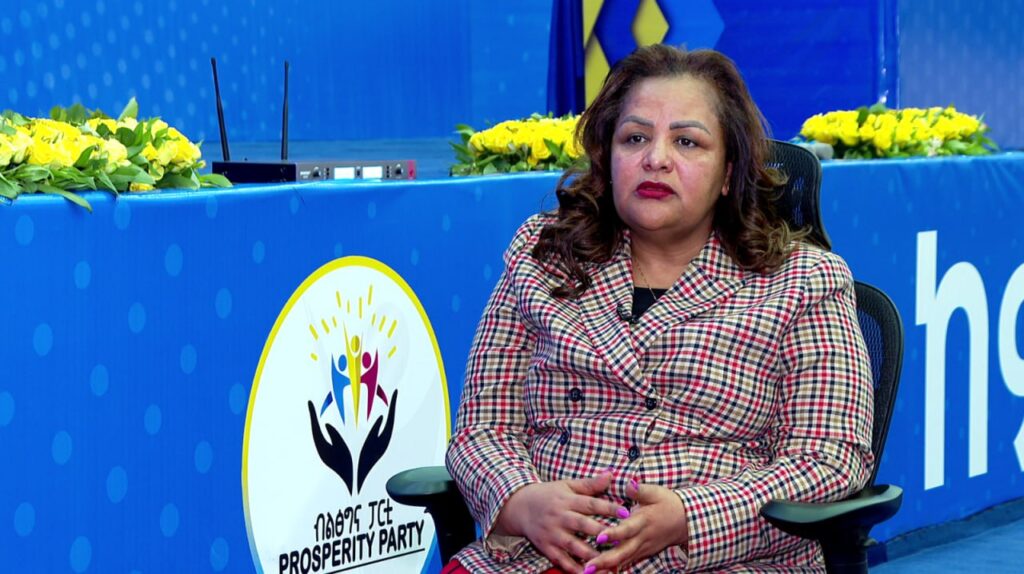
Ethiopia’s international influence has grown significantly due to recent policy changes in diplomacy, said Ambassador Birtukan Ayano, State Minister of the Ministry of Foreign Affairs.

embassy news


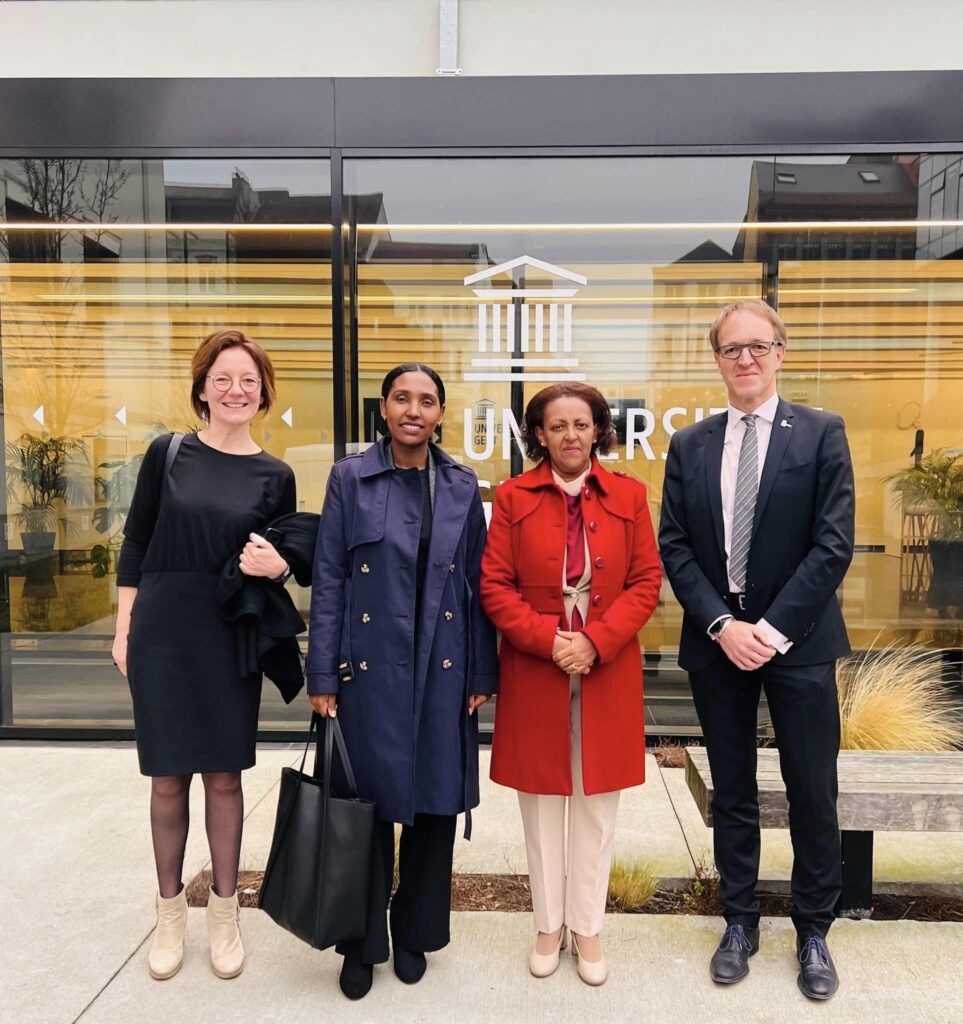
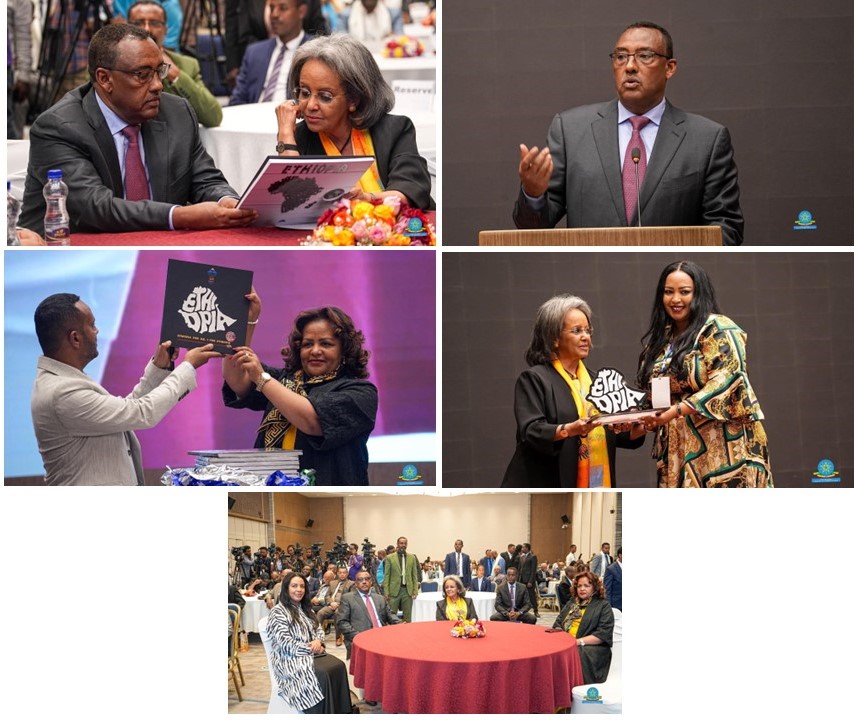
The Government of Ethiopia recognized 52 Ethiopian diaspora associations from 25 countries that actively support their homeland in times of need. According to H.E. President Sahle-Work Zewde, the recognition is for all Ethiopians in the diaspora who stood by Ethiopia and the people. Read more

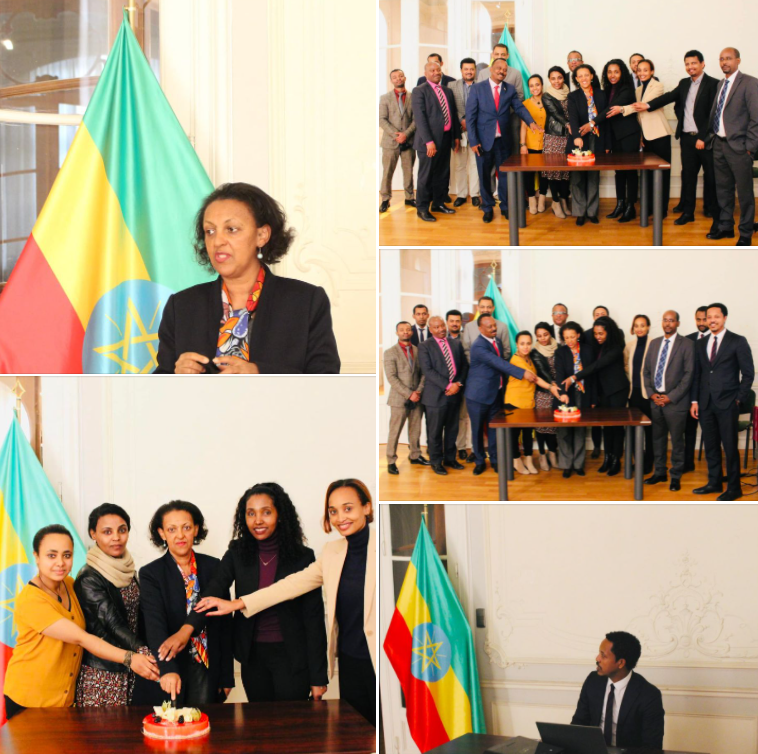
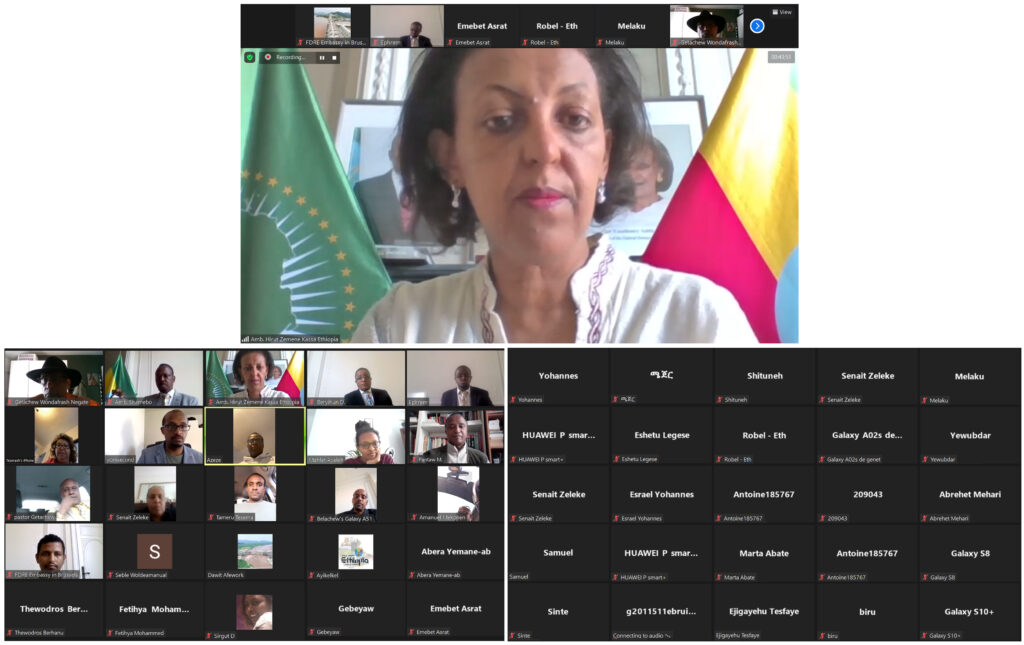

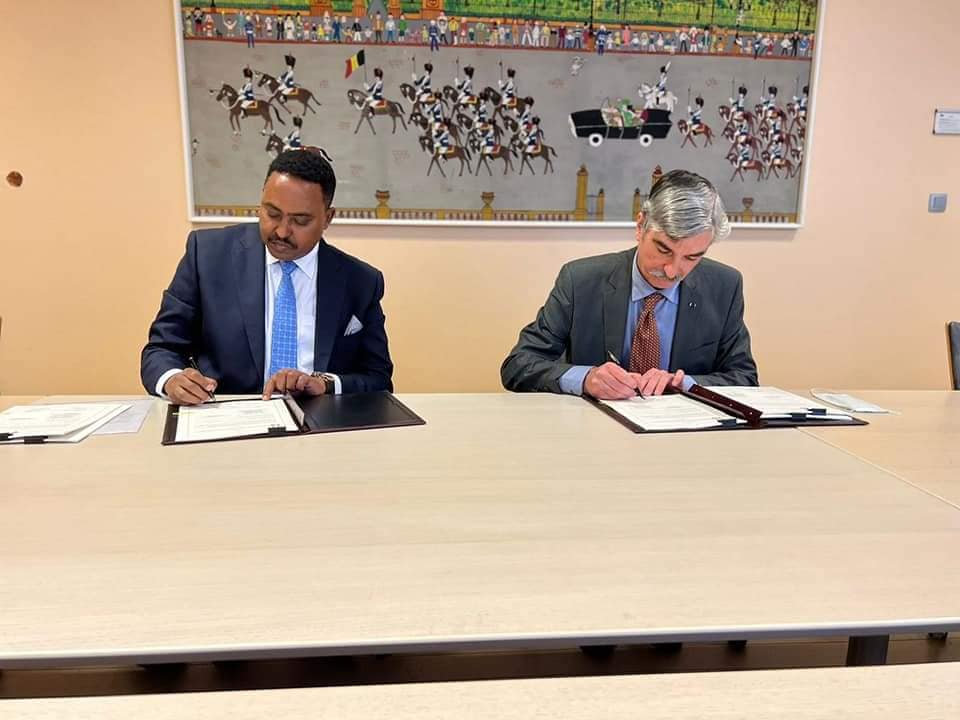
February 16, 2022 (Brussels, Belgium): Today in a colourful ceremony held at the the Belgian Federal Public Service of Foreign Affairs, the Executive Secretary of IGAD, Dr. Workneh Gebeyehu (Ph.D) signed an accreditation agreement with the Government of the Kingdom of Belgium officially recognising the Office of the IGAD Representative in Brussels. Read more
